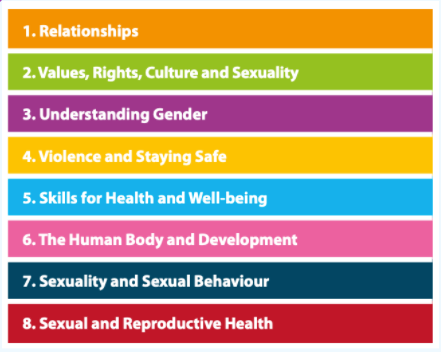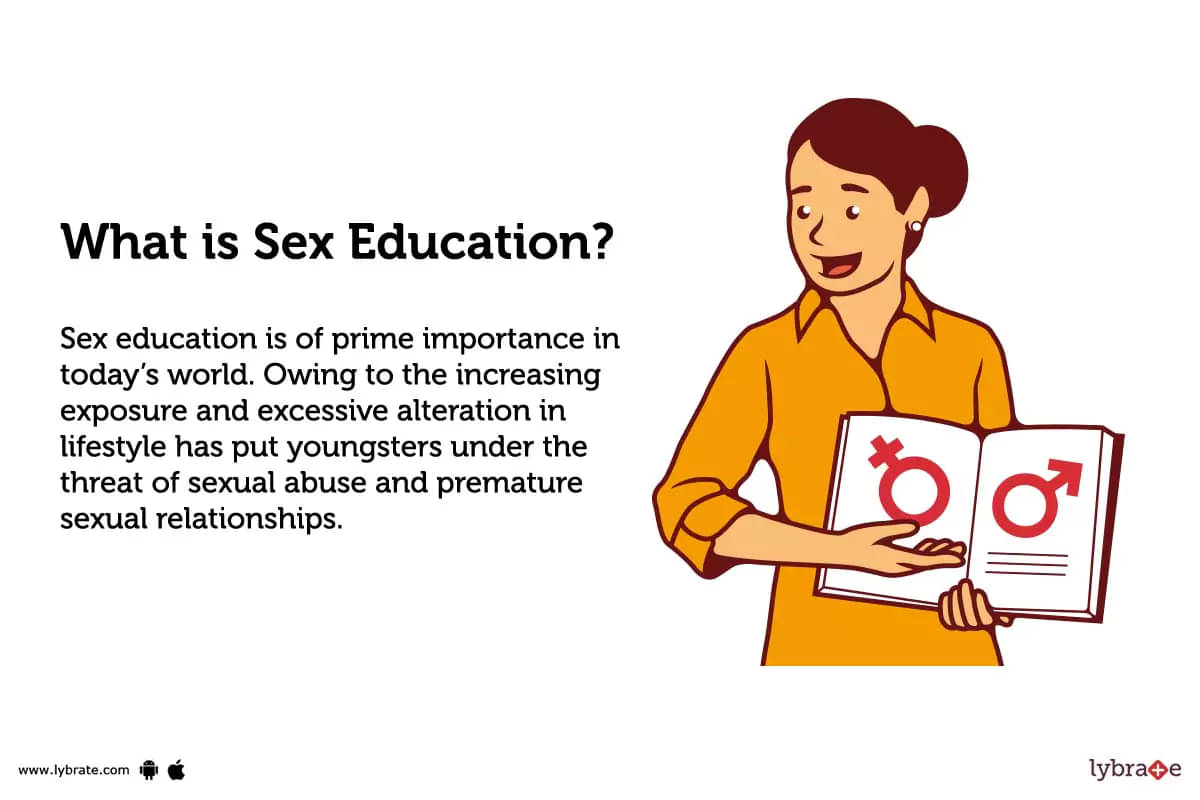Sex education is a crucial aspect of every individual’s life. It refers to the process of acquiring knowledge and understanding about human sexuality, including reproductive health, relationships, and sexual behavior. Sex education aims to provide accurate information, promote healthy attitudes and values, and develop essential skills for making responsible and informed decisions regarding sexual and reproductive health.

Credit: www.unfpa.org
The Importance of Sex Education
Sex education plays a vital role in empowering individuals to make informed choices about their sexual health and well-being. Here are some key reasons why sex education is important:
- Prevention of sexually transmitted infections (STIs): Sex education equips individuals with knowledge about safe sexual practices, including the use of condoms and other barrier methods to prevent the transmission of STIs.
- Reducing teenage pregnancy: Comprehensive sex education programs have been shown to be effective in reducing the rates of teenage pregnancy by promoting responsible sexual behavior, contraceptive use, and family planning.
- Promoting healthy relationships: Sex education teaches individuals about consent, communication, and the importance of mutual respect in relationships, fostering healthy and respectful interactions.
- Addressing gender stereotypes: Sex education challenges gender stereotypes and promotes gender equality, empowering individuals to make choices based on their own preferences and desires rather than societal expectations.
- Improving mental health: Sex education provides information about emotional and mental well-being, addressing topics such as body image, self-esteem, and healthy coping mechanisms.
Types of Sex Education
There are two main approaches to sex education: abstinence-only and comprehensive sex education.
1. Abstinence-only Sex Education
Abstinence-only sex education focuses solely on promoting abstinence until marriage and does not provide information about contraception or safe sexual practices. This approach often relies on fear-based tactics and moral teachings rather than evidence-based information. While abstinence is a valid choice, research has shown that abstinence-only programs are ineffective in preventing the spread of STIs and reducing teenage pregnancy rates.
2. Comprehensive Sex Education
Comprehensive sex education, on the other hand, is a holistic approach that provides accurate, age-appropriate, and evidence-based information about sexual health and relationships. It covers a wide range of topics, including anatomy, puberty, contraception, STIs, consent, sexual orientation, and gender identity. Comprehensive sex education aims to empower individuals to make informed decisions, promote healthy relationships, and ensure their overall well-being.

Credit: www.psychologs.com
Sex Education in Schools
One of the primary settings for sex education is schools. The inclusion of comprehensive sex education in the school curriculum has been a subject of debate and controversy in many countries. Some key points to consider regarding sex education in schools include:
- Age-appropriate content: Sex education should be tailored to the age and developmental stage of the students, ensuring that the information provided is suitable for their level of understanding.
- Professional and trained educators: Sex education should be delivered by qualified professionals who are knowledgeable about the subject matter and equipped to handle sensitive topics with sensitivity and respect.
- Inclusion of diverse perspectives: Sex education should be inclusive of diverse sexual orientations, gender identities, and cultural backgrounds, promoting acceptance and respect for all individuals.
- Parental involvement: Parents should be involved in the sex education process, allowing them to provide guidance and support to their children while ensuring that the information provided is accurate and comprehensive.
Sex Education Beyond Schools
While schools play a crucial role in providing sex education, it is essential to recognize that sex education should not be limited to formal classroom settings. Sex education should be an ongoing process that extends beyond schools and involves various stakeholders, including parents, healthcare professionals, and community organizations.
Parents have a significant role in sex education, as they are the primary source of information and guidance for their children. Open and honest communication between parents and children can create a safe and supportive environment for discussing sensitive topics related to sexuality.
Healthcare professionals, including doctors, nurses, and counselors, also play a vital role in providing accurate information, answering questions, and addressing concerns related to sexual health. Community organizations and NGOs often organize workshops, seminars, and campaigns to raise awareness about sexual health and provide access to resources and support.
Conclusion
Sex education is an essential part of personal development and well-being. It equips individuals with the knowledge, skills, and attitudes necessary to make informed decisions about their sexual health and relationships. Comprehensive sex education programs that provide accurate information, promote healthy attitudes, and address diverse perspectives are crucial in ensuring the overall well-being of individuals and society as a whole.

Ahmed bin Rashid, a seasoned travel enthusiast and visa process expert and the successful Businessman in Dubai. With an LLB from the University of Bolton in 2015, he combines his legal knowledge with his passion for exploration, offering invaluable insights into Business formation and visa processes around the globe. Follow Ahmed’s captivating journeys and expert advice to embark on your unforgettable adventures & Business.

